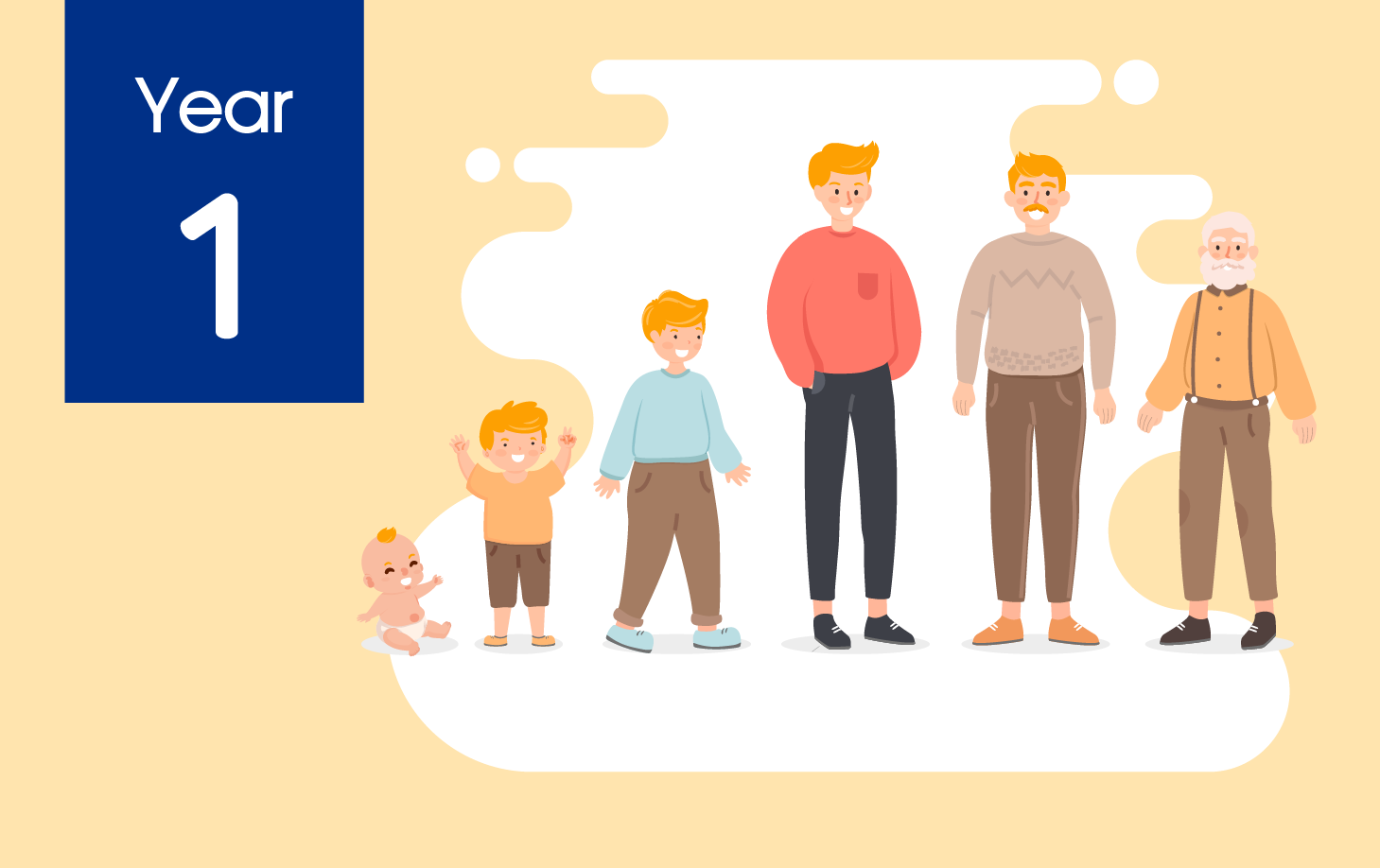
CHMD 1108 Human Life (1/2022)
By the end of the course, students will be able to
- Define the periods changing throughout the human life course from foetuses, infants, children, adolescents, adults, aging, and death
- Compare and contrast biological transitions during each period of the human life course
- Explain the biological and psychological changes throughout the human life course and how these changes affect each other
- Explain how and why human change and grow over the life course on social, emotional, and cognitive aspects
- Describe the normative psychological development of human throughout the life course
- Describe strategies to develop enhancement for human life span
- Respect the differences in backgrounds, beliefs, and expectations of other members in society as a fundamental for social engagement and developing interpersonal relationship
- Describe 21st-century skills including learning skills, digital comprehension, and life skills
(1/2022) CHMD 1109 Doctors, Society and Social Responsibilities
This course will introduce students to know about background of their future career as well as social interaction and expectation. This will develop the students' capabilities to be a genuine medical professional with social accountability in the 21st Century context.
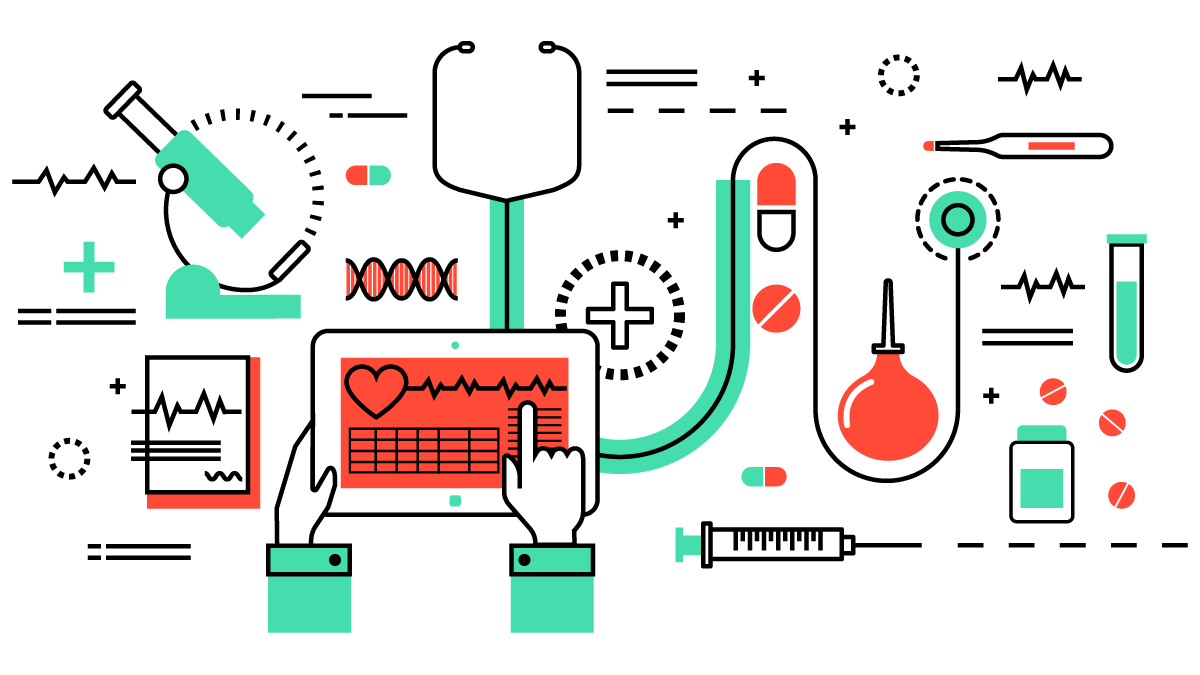
(1/2022) CHMD 1110 Health System and Health Care Practice
By the end of the course/ module, students will be able to:
- describe health concepts under context of Thailand
- explain national health policy; describe health care system, health services and patient referral system of Thailand; explain basic concepts of health economics
- explain health insurance system; explain concepts of holistic health
- describe the management and control of common diseases; explain issues regarding epidemiology and public health

(1/2022) CHMD 1111 Global Health and Disaster Medicine
By the end of the course/ module, students will be able to describe concept of Global Health and Disaster Management, understand health policies related to global health management, identify major global health issue and various types of disasters, understand the impact of disaster against community, choose appropriate disaster management measurement for each types of disasters
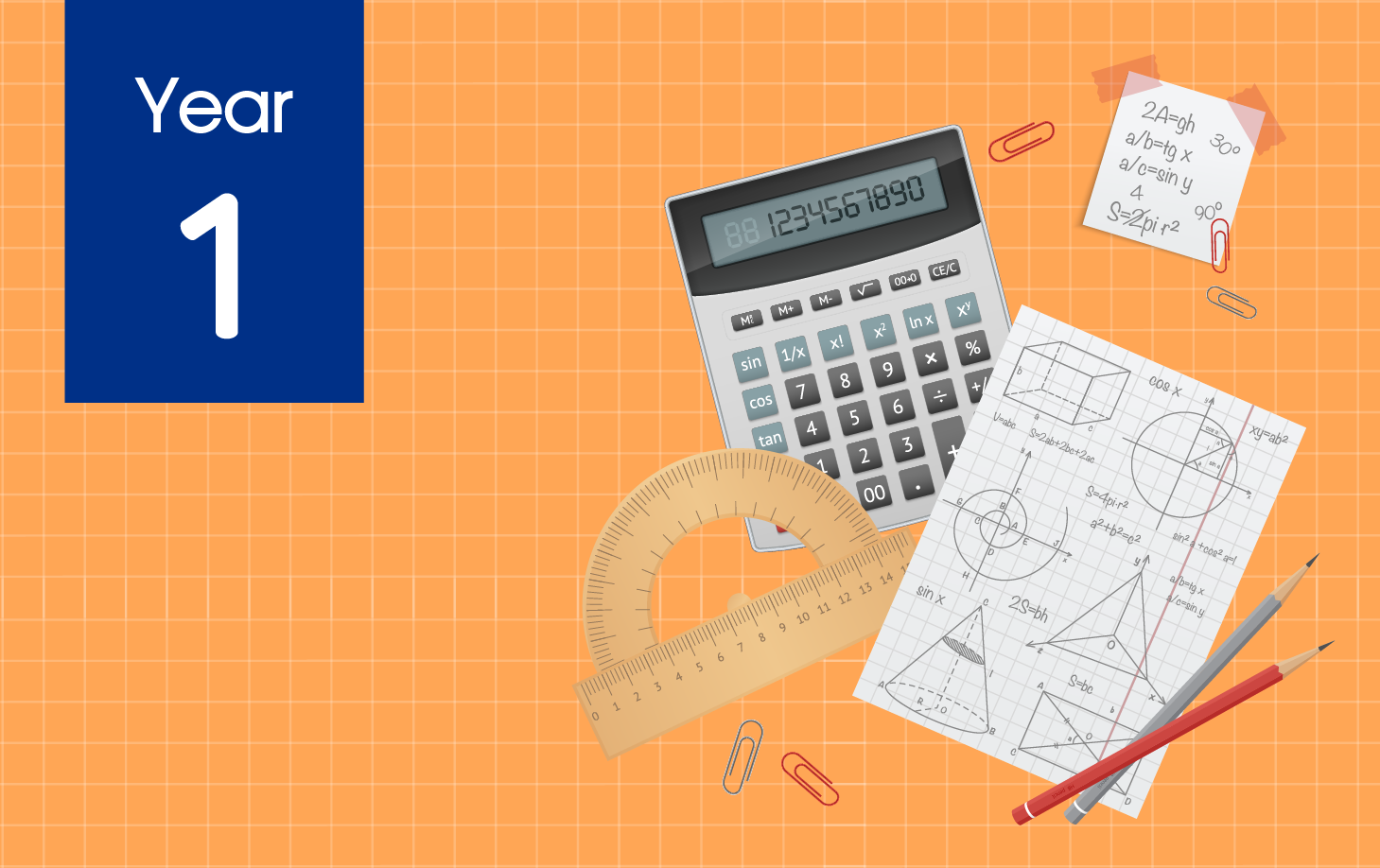
CHMD 1102 Mathematics and Physics for Health Science (1/2022)
Application of mathematics and physics related to medicine; essential calculus; biomechanics; fluid flow; electromagnetic wave; heat transfer; electricity; ultrasound; magnetic resonance imaging; nuclear medicine; radiation therapy
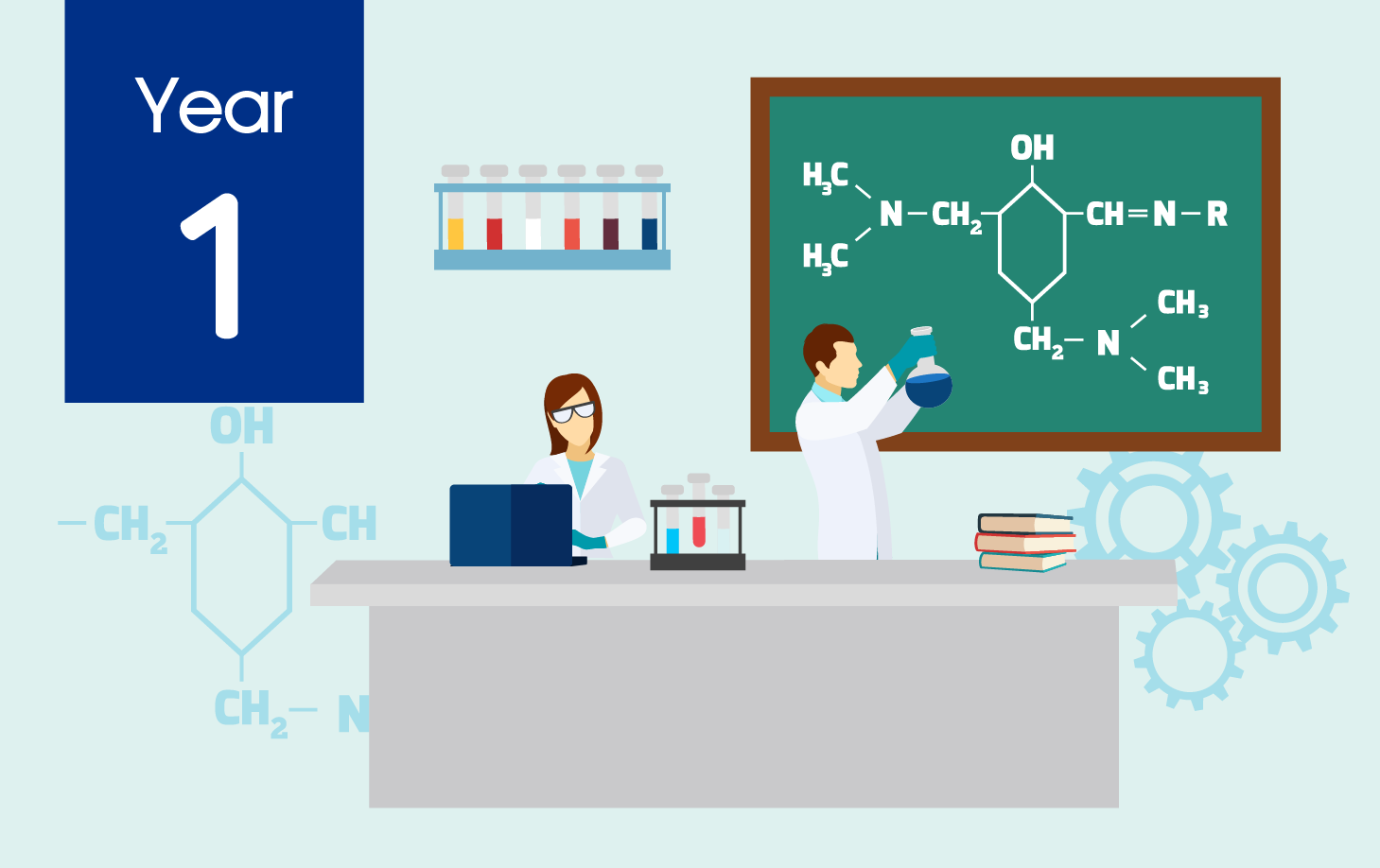
CHMD 1103 Chemistry for Health Science (1/2022)
By the end of the course, students will be able to
- Understand fundamental knowledge in chemistry and its application relating to health and everyday life.
- Assess the basic knowledge of chemistry in the context relating to human body and their functions relating to health and everyday life.
- Understand basic concepts of analytical chemistry and understand its application relating to health.
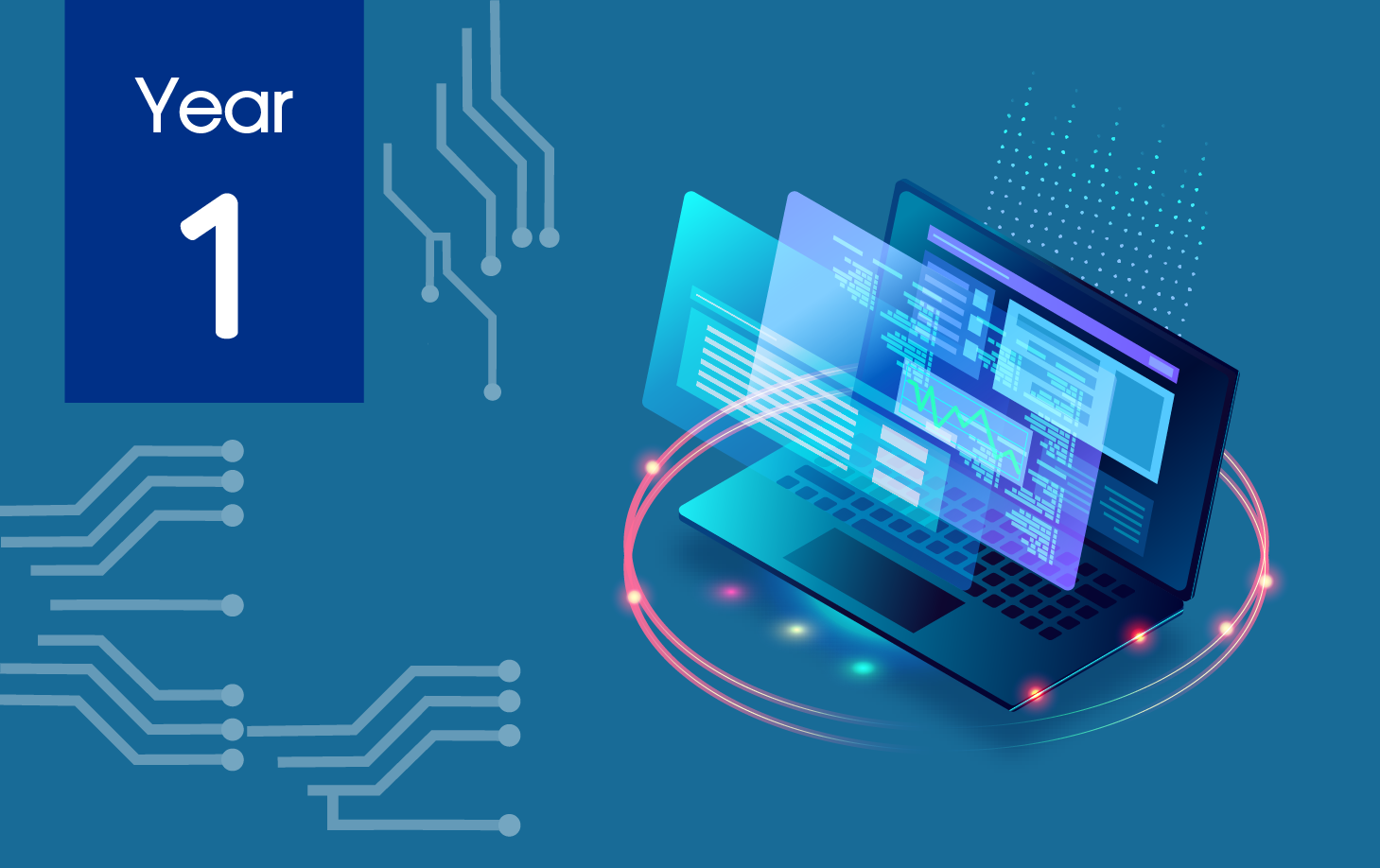
(1/2022) CHMD 1104 Introduction to Digital Technology
Practical strategies of digital technology in education, research and medical profession. General concept of computer hardware, software, network, and data security; use of productivity programs.
Student are able to:
- Define the core values and expectations of academic culture and practical strategies to apply to study, research and professional
- Gain general concepts of computer hardware, software, network and data security for academic and professional purposes
- Apply students’ information and digital literacy skills for study, research and professional
- Demonstrate the use of productivity software including word processor, spreadsheet, and presentation programs
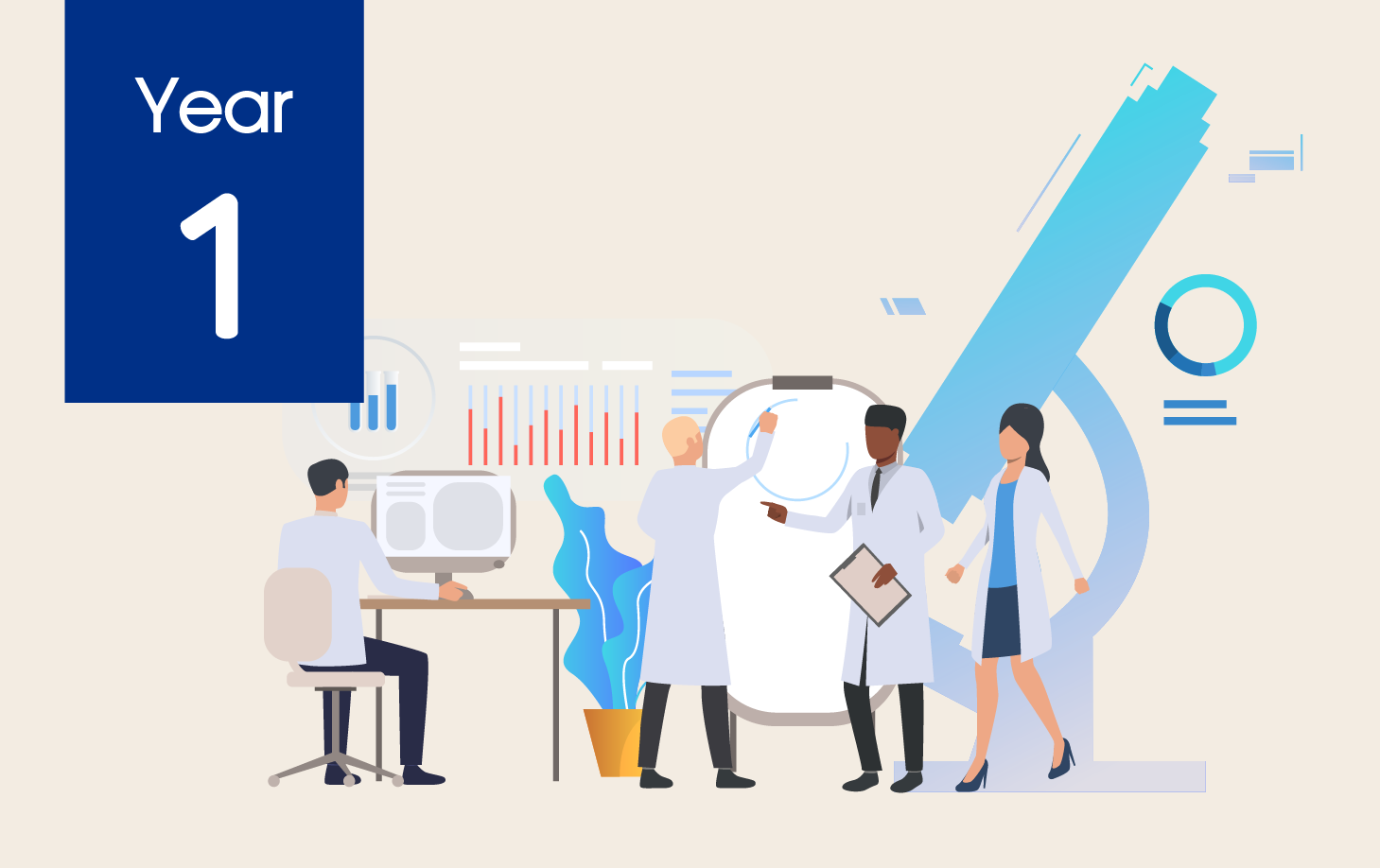
CHMD 1105 Introduction to Research (1/2022)
By the end of the course, students will be able to
- design appropriate research questions
- chose an appropriate methodology to answer research questions
- collect, analyze and conclude data for answering research questions
- understand research ethics, GCP, GLP, biological laboratory safety and innovative and intellectual properties
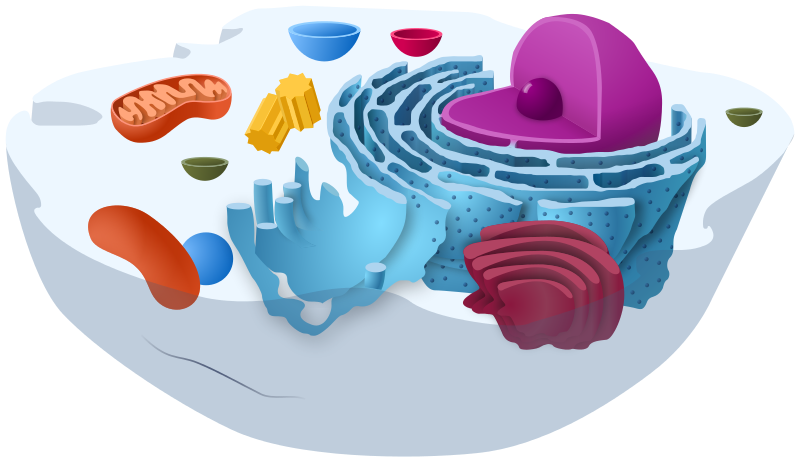
CHMD 1201 Cell Biology (1/2022)
By the end of the course, students will be able to
• Describe the component of cells including structure and function of organelles
• Define transportation methods within and between cells and signal transduction
• Explain cell cycle, cell growth and differentiation
• Describe cellular regulation and homeostasis • Explain mechanisms and define types of cell injury and cell death

(2/2022) CHMD 1202 Biochemistry and Molecular Biology

CHMD 1107 Data Science and Health (2/2022)
By the end of this course, students will understand general concepts of data science and its methodology, have basic knowledge of data types frequently encountered in health care system, have basic knowledge of electronic medical record (EMR) and its usage, understand trending data science terms, including machine learning, artificial intelligence and big data, and be able to apply basic data science methodology.

CHMD 1112 One Health (2/2022)
By the end of the course, students will be able to
- Describe the concept of One Health One Medicine
- Identify the common health challenges shared between humans and animals
- Understand how the zoonoses are controlled
- Describe the principles of food safety from farm to table
- Recognize the environments as a common space for health and diseases for both humans and animals

CHMD 1113 Evidence-based Practice I (2/2022)
By the end of the course, students will be able to
1. Understand principles concept of evidence based practice
2. Formulate answerable clinical questions
3. Select appropriate resource(s) and conduct search for appropriate information
4. Understand types of research, including systematic review and meta-analysis and compare advantages and disadvantages of study design
5. Identify key critical appraisal issues to determine the study

CHMD 1106 Biostatistics (2/2022)
In this course, students will learn about basic concepts of biostatistics, descriptive statistics, inferential statistics, hypothesis testing, tests of statistical significance, correlation and regression, basic understanding of probability theory, screening and diagnostic tests, clinical trials, epidemiological research and statistical software.

CHMD 1301 Infection and Defence (2/2022)
By the end of the course/ module, students will be able to
1. Describe the important biological characteristics of the major subgroups of microorganisms (viruses, bacteria, fungi and parasites) responsible for disease and the mechanisms by which these microorganisms cause disease
2. Describe the methods by which infections are diagnosed
3. Describe the sources and routes by which pathogenic microorganisms are transmitted from individual to individual and explain the methods used to prevent transmission

(2/2022) CHMD 1101 Thai Language and Communication
By the end of the course, students should be able to:
1.1 Develop an appropriate communication skill of Thai language in social and cultural contexts.
1.2 Communicate appropriately with colleagues in the team, patients and relatives.
1.3 Develop essential academic reading and writing skills for medical profession.